Blog
06/06/2024
P&G at the 2024 Deutsche Bank Global Consumer Conference
P&G Chief Operating Officer Shailesh Jejurikar and Chief Financial Officer Andre Schulten spoke with investors and analysts at the Deutsche Bank Global Consumer Conference.
Read more

05/06/2024
The Secret Behind P&G Innovation? Unleashing the Power of People
P&G’s unique employee experience helps individuals thrive and business grow.
Read more
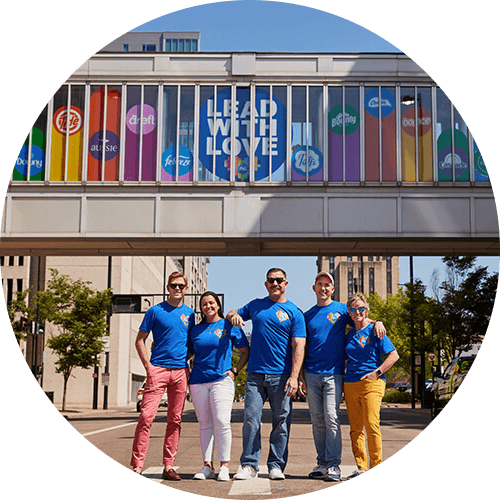
04/06/2024
Reflecting on P&G’s Longstanding Commitment to Advancing LGBTQ+ Equality and Efforts to Better Serve the LGBTQ+ Community
This Pride Month, we’re recognizing the continued progress P&G has made to support the LGBTQ+ community through our brands, employees and partners.
Read more
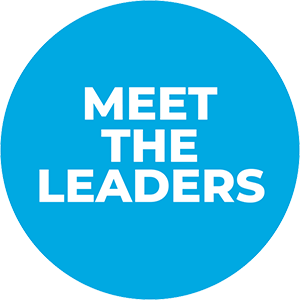
01/02/2024
Meet the Leaders – your chance to get up close and personal with some of our Senior Leaders from our Northern Europe business
Have you ever wondered who the leaders are behind our Company?
Read more
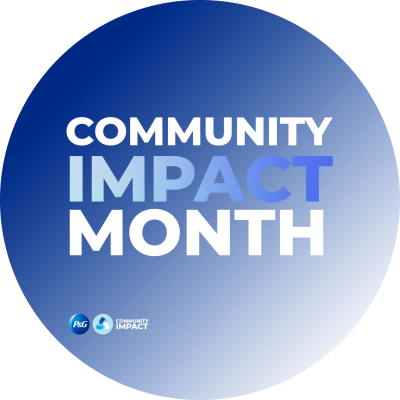
05/09/2023
Committed to being A Force for Growth and A Force for Good
We’re all about doing the right thing and are committed to being A Force for Growth and A Force for Good. That’s why our people and our brands do acts of good every day to help communities grow.
Read more

19/04/2023
Packs that give back: Superdrug and P&G collaborate to support Sported on Rising Stars campaign
This week, health and beauty retailer, Superdrug, is encouraging shoppers to visit local stores and purchase specially selected P&G products, as part of its newly launched Rising Stars campaign.
Read more

06/04/2023
P&G & Me: Prince shares his story
We are committed to making P&G a place where everyone feels valued for their unique contributions whilst being free to bring their authentic self to work every day.
Read more

28/02/2023
LGBTQ+ History Month: Learning from Personal Stories
P&G is a company that values diversity and strives to create a world free from bias – both inside our organisation and in wider society.
Read more

11/02/2023
International Day of Women and Girls in Science
11th February marks International Day of Women and Girls in Science – an annual observance adopted by the United Nations General Assembly to promote the full, equal access and participation of females in STEM fields.
Read more

12/01/2023
Dr Phil Souter, Senior Director, Laundry Research and Development, receives an OBE for services to Medical Research
We are extremely proud of Dr Phil Souter, a Senior Director working in our Laundry Research and Development (R&D) team at our Innovation Centre in Newcastle, who has received an OBE for his services to Medical Research.
Read more

08/09/2022
Her Majesty Queen Elizabeth II
Procter & Gamble is deeply saddened by the death of Her Majesty Queen Elizabeth II and will forever be thankful for her lifetime of service.
Read more

05/09/2022
A Force for Growth to be A Force for Good through Community Impact
At P&G, we’re committed to being a Force for Growth so that we can be a Force for Good in the communities in which we live and work.
Read more

31/08/2022
A Force For Growth to be a Force For Good: Tom Moody speaks to Business Reporter as part of ‘Best of British Business’ series
At P&G, our business is founded on three simple ideas: to lead, to innovate, and to do so responsibly.
Read more
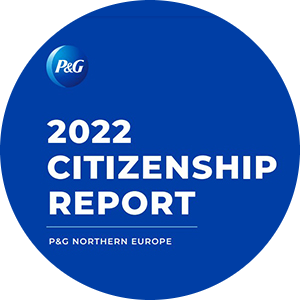
28/06/2022
A Force for Growth, to be a Force for Good: Our 2022 Northern Europe Citizenship Report
Today, we have published our 2022 Northern Europe Citizenship Report. It includes a wide range of examples of how we’ve brought our Citizenship platform to life over the last 12 months – from our work to support local communities through national....
Read more

17/05/2022
Letters to my Children
A Letter to my Daughters for International Day of Families: Lou Erdozain, Senior Director, ASDA and Healthy Minds Sponsor
Read more

31/03/2022
Trans Day of Visibility – A Personal Perspective
Today, on Trans Day of Visibilty, we are honoured that one of our employees has made the decision to share their personal story with our company
Read more
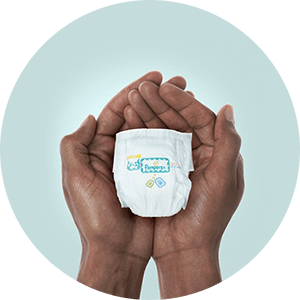
31/01/2022
Making a difference on World Prematurity Day and Beyond: Personal Perspective from Ranya Shamoon, Senior Vice President of Baby Care, Europe
The past year has changed many things about how we interact with society and the world around us.
Read more
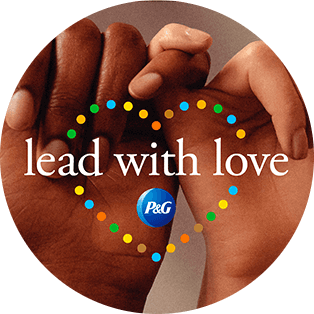
07/01/2022
#LeadWithLove – in 2022, and beyond
The extraordinary events of the last two years have fundamentally changed us all – from the way in which we live and work, through to our perceptions about what truly matters to us.
Read more

03/12/2021
Celebrating International Day of People with Disabilities
Today is International Day of People with Disabilities – a day which seeks to promote a broad understanding of the topic of disability, whilst mobilising support for the dignity, rights and wellbeing of those with personal experience of disabilities.
Read more

12/11/2021
Providing the Comforts of Home for 20 Years through In Kind Direct
On this World Kindness Day we’re reflecting on one of our long-standing charity partnerships, that has helped us to provide the Comforts of Home through life’s everyday essentials to those in need across the UK – helping more communities to thrive.
Read more

14/10/2021
Why I Love My Eyes – not only this World Sight Day, but all year round
Perspective from P&G’s Company Accessibility Officer, Sam Latif
Read more
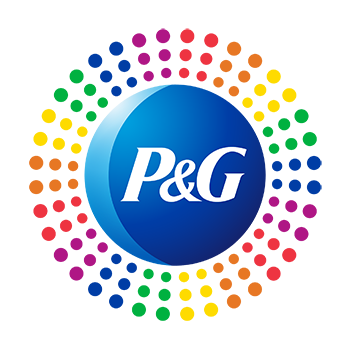
11/10/2021
National Coming Out Day: Perspective from LGBTQ+ P&G Employees
At P&G, we’re committed to creating a workplace where everyone feels empowered to be their 100% authentic self.
Read more
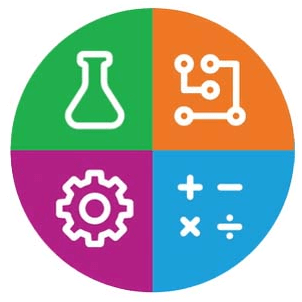
08/10/2021
Bio-researchers of the future get £22.5 million boost
We are pleased to announce a Collaborative training partnership (CTP) between Procter & Gamble Technical Centres Limited and the BBSRC (Biotechnology and Biological Sciences Research Council).
Read more
10/09/2021
Driving racial equality – our story so far
The power of our differences, and the strength of our togetherness drives growth and value creation. Employees want to be part of a company that encourages their uniqueness and is united in its values, purpose and commitments.
Read more
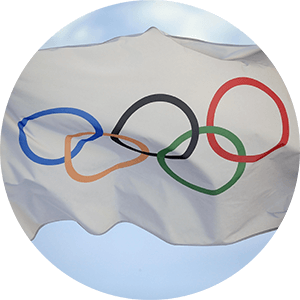
21/07/2021
P&G partners with Olympic & Paralympic hopefuls to break down barriers this summer
This summer, Procter & Gamble (P&G) has partnered with Olympic and Paralympic hopefuls in a bid to break down the barriers that surround the sporting world.
Read more

29/06/2021
P&G UK partners with WEConnect International as part of Gender Equality mission
As part of our ongoing commitment to create a more gender-equal world, we are proud to be partnering with WEConnect International
Read more
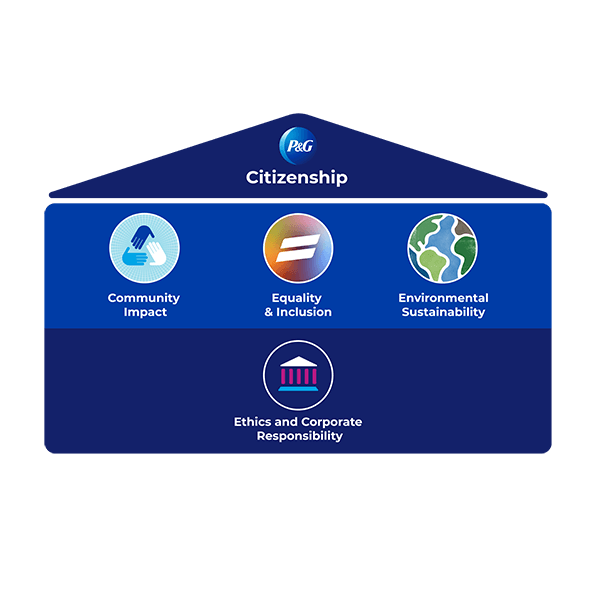
28/06/2021
P&G Northern Europe publishes 2021 Citizenship Report
Today we have published our 2021 Northern Europe Citizenship Report, which reflects on our work to be a force for good and a force for growth throughout this fiscal year.
Read more

10/06/2021
#DidYouKnow? Unearthing some of the most interesting facts of P&G’s 180 year history
Since P&G was founded over 180 years ago by English-born candlemaker, William Procter, and Irish Soap Maker, James Gamble, we’ve challenged norms and shaped the future – from the products we put on the shelf to the people we bring on our team
Read more

08/05/2021
World Red Cross and Red Crescent Day: P&G continues long-standing partnership with the British Red Cross, making significant pledge to support COVID-19 relief efforts
Today marks World Red Cross and Red Crescent Day – an annual celebration of the Red Cross and Red Crescent work across the world.
Read more
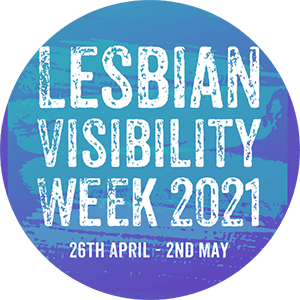
04/05/2021
Letters To My Invisible Self: A series of open letters from P&G employees written to themselves for Lesbian Visibility Week
At P&G, Equality & Inclusion is in our DNA and at the heart of our Purpose, Values and Principles.
Read more

09/04/2021
HRH The Duke of Edinburgh
As a Royal Warrant holder, Procter & Gamble is deeply saddened by the death of His Royal Highness The Duke of Edinburgh and are deeply thankful for his many years of loyal service.
Read more

02/03/2021
P&G Gender Equality partner, The Female Lead, launches all-new research study, Women at Work
The Female Lead, a campaign that celebrates women’s stories and successes, has this week launched all-new research into the challenges facing women in the workplace today.
Read more

11/01/2021
Showcasing the Best in STEM Innovation - where science and technology takes centre stage
Every year humankind has always surprised us with new ideas and inventions that, seemingly unbelievable at first, have shaped the lives we live today.

22/12/2020
Looking Back at 2020 so we can Lead with Love in 2021
As we reflect on 2020, one thing is clear – it has been a year like no other. We want to take the time to reflect on the year, its challenges and opportunities and most importantly thank all those who have helped us to act as a Force For Good
Read more

22/12/2020
‘The Leaders Aren’t the Boss – The Consumer is the Boss’
Earlier this month our Senior Vice President and Managing Director Tom Moody paid a virtual visit to Rory Sutherland’s ‘On Brand’ podcast.
Read more

10/12/2020
Role Models in Consumer Goods and Grocery: Our Senior Vice President and Managing Director Tom Moody
Our Senior Vice President and Managing Director Tom Moody has been recognised in the new Role Models in Consumer Goods and Grocery Report led by The MBS Group and IGD Events.
Read more
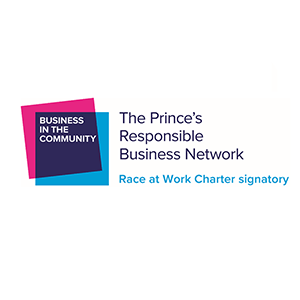
24/11/2020
P&G demonstrates commitment to driving racial equality in the workplace by signing up to the Race at Work charter
Today, we furthered our commitment to driving racial equality both inside our organisation and in wider society, and are now a proud signatory of the Business in the Community Race at Work Charter.
20/10/2020
P&G Announces Fiscal Year 2021 First Quarter Results
Today P&G announced global results for the first quarter of fiscal year 2021.
30/04/2020
A force for good in communities
Since the first cases of COVID-19 across the UK, Ireland and the Nordics, we’ve all faced unprecedented times. As a business, as brands, and as individuals.

27/03/2020
P&G Innovation Contributes Hand Sanitiser to Battle COVID-19
Hand sanitiser is essential in the fight against COVID-19. P&G is leveraging people, talents and resources to serve the growing need around the world. Since January, we’ve mobilised teams to provide the capability to manufacture and distribute hand

26/03/2020
Supporting Health Care Workers in China
Health care workers in China have been at the forefront of fighting the COVID-19 virus, forging new directions for others around the globe to follow. Working with long-time partners to provide both product donations and financial aid, our P&G China
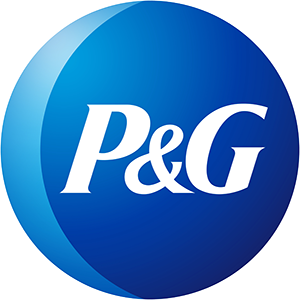
20/03/2020
STEPPING UP AS A FORCE FOR GOOD
In service to people everywhere who are caring for their families and communities — all day, every day, P&G people are stepping up and serving others as a force for good.

27/06/2019
Reimagining Creativity: Highlights from P&G's Presence at Cannes 2019
The 66th Cannes Lions International Festival of Creativity is in the books, with P&G leaving an indelible mark as a result of our 17th consecutive trip to the South of France.

19/06/2019
P&G Tackles Gender Bias at Women Deliver 2019
In Vancouver, Canada, more than 8,000 gender equality changemakers—from world leaders and activists to journalists and academics—convened for the Women Deliver 2019 Conference

12/04/2019
Marc Pritchard on 5 Actions P&G is Taking to Improve the Media Supply Chain
The next great revolution in using technology to make people’s lives better is underway, but along with this are potential pitfalls that can’t be ignored: data misuse and privacy breaches, transparency lapses, fraud, brand safety and more.

27/06/2012
Pampers: The Birth of P&G’s First 10-Billion-Dollar Brand
Decades of Innovation Have Improved Life for Parents, Babies